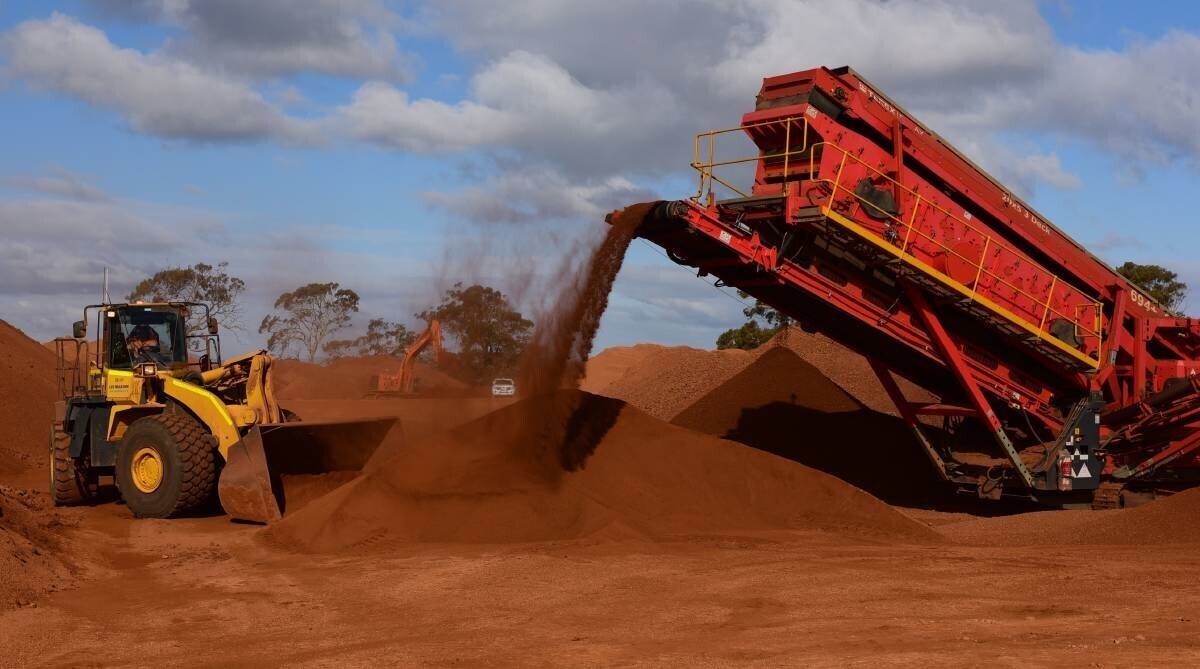

Odisha’s mineral-rich Rayagada district is once again at the centre of debate over how far industrial growth can go without damaging local lives and fragile ecosystems. The operations of Utkal Alumina International Limited (UAIL), a key player in the state’s bauxite industry, have drawn fresh scrutiny after villagers reported rising dust, noise, and water contamination linked to the company’s facilities.

Image used for representational purpose
A rejoinder affidavit submitted to the National Green Tribunal (NGT) on August 11, 2025 pointed to persistent dust, noise, and water contamination in and around Lachhuguda village, situated close to UAIL’s long-distance conveyor belt and red mud pond.
A joint inspection led by the Rayagada District Magistrate acknowledged the presence of dust pollution near the intermediate junction house of the conveyor system, which lies only about 40–50 metres from residential areas. The report also found noise levels above permissible limits and verified that fugitive dust from the conveyor and other operations was settling on homes, trees, and even a nearby school.
Streams in the area were flagged as being vulnerable to contamination, particularly during the monsoon when run-off from the red mud pond mixes with local water sources and agricultural fields.
Lack of mitigation measures
Community representatives argue that UAIL has not taken adequate pollution-control steps. The red mud pond, located within 600 metres of the village, lacks a protective green belt, intensifying dust spread during the dry season.
In addition, heavy truck traffic on narrow village roads is contributing to air quality deterioration. Although the inspection report pointed to violations of environmental norms, no environmental compensation has yet been assessed.
Also, Vedanta Limited’s proposal to divert over 700 hectares of forest land in Rayagada and Kalahandi for the Sijimali Bauxite Mines remains pending, with the Union Environment Ministry and Forest Advisory Committee flagging serious gaps. In its August 25, 2025 review, the FAC pointed to unresolved community objections before the Orissa High Court, risks to elephant habitat, soil erosion concerns, and overlapping land earmarked for compensatory afforestation. Odisha has been asked to submit site-specific reports along with a detailed erosion management plan.
Community benefits
Alongside these complaints, UAIL’s corporate social responsibility (CSR) programmes continue to be highlighted as examples of rural transformation. Through “Project Wadi,” implemented with NABARD, the company has supported agro-horti plantations and modern irrigation in tribal areas. Formerly barren lands have been converted into orchards, and farmer incomes are reported to have increased more than fivefold, from INR 1,000–2,000 a month to over INR 10,000.
Infrastructure upgrades, such as a 2.5 km road linking villages like Raulighati to the main road, have improved access to health services, markets, and schools.
Under “Project Swajal,” UAIL has installed water treatment plants to provide clean drinking water directly to households, cutting the incidence of waterborne diseases. Healthcare initiatives include the operation of Utkal Hospital, mobile health units, and outreach to 78 villages, with around 7,000 patients treated every month.
Special programmes such as “URMI” target adolescent health, maternal care, and menstrual hygiene awareness.
Balancing industry, livelihoods, and ecology
The situation in Rayagada underscores the difficult balance between industrial development and environmental stewardship. On one hand, UAIL’s CSR activities have contributed to income growth, healthcare, and clean water access in tribal areas. On the other, villagers continue to report worsening air, water, and soil quality from the company’s day-to-day operations.
With projects proposal awaiting a green light, Rayagada finds itself at the centre of Odisha’s bauxite debate — caught between the promise of industrial growth and the pressing need to safeguard local communities and fragile ecosystems.
Also read: ALuminium LeaderSpeak 2025
Responses








